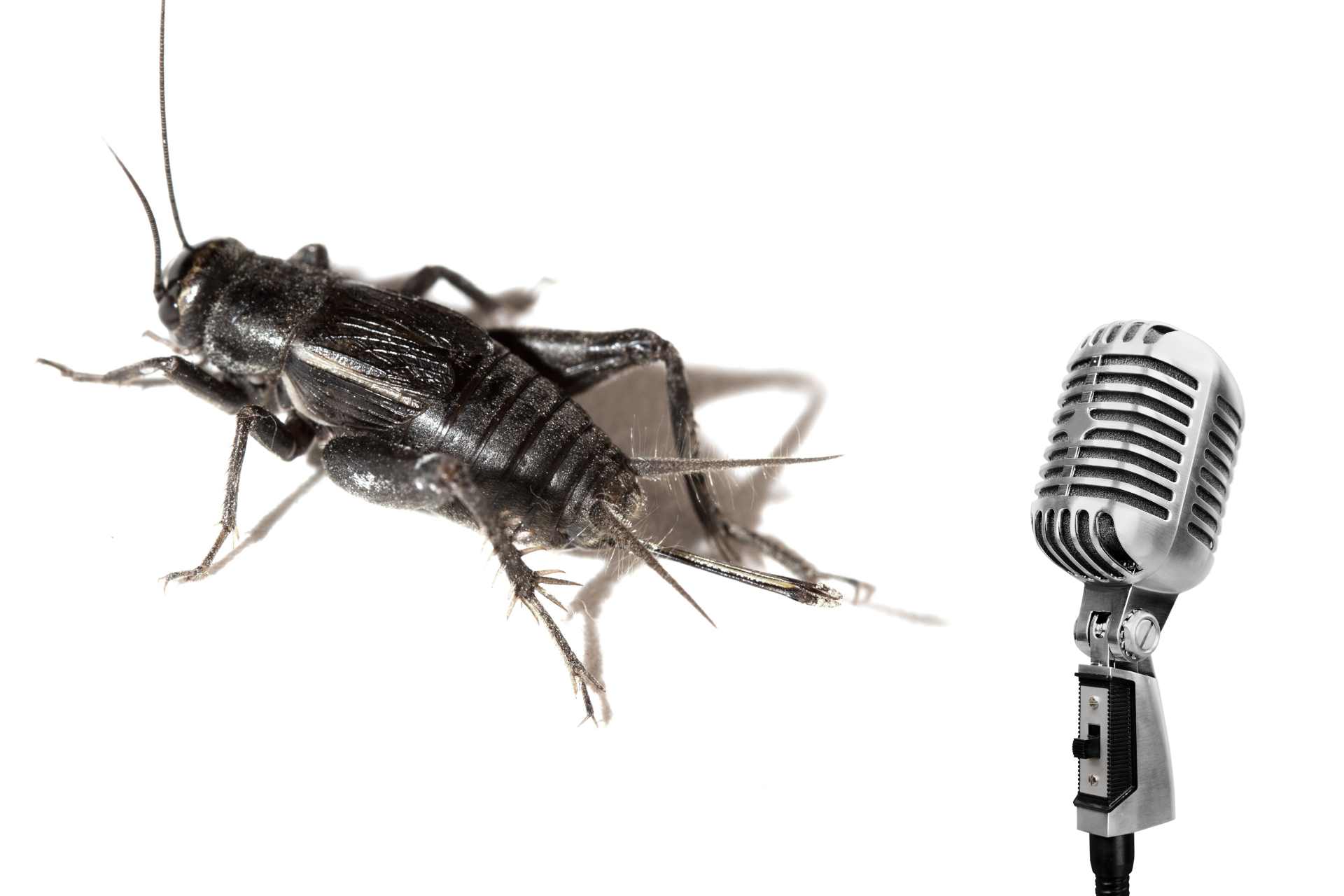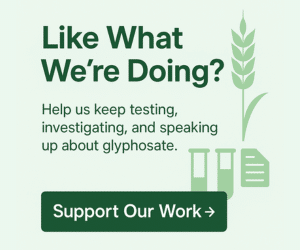A Deafening Silence Across the Political Spectrum
By now, you might expect at least someone in Parliament to be questioning the Ministry for Primary Industries’ controversial proposal to raise allowable glyphosate residues on over 20 staple crops. Wheat, oats, barley—foods that show up on our breakfast tables, school lunches, and grocery receipts every week.
But the political response? Crickets.
Not a word from National. No statement from Labour. ACT appears more focused on deregulation than public health. The Māori Party? Silent. And New Zealand First—despite its “common sense” branding—has offered no comment either.
But perhaps the most surprising silence is from the Green Party of Aotearoa New Zealand. A party that once championed environmental protection, organic agriculture, and pesticide regulation is nowhere to be seen on this issue. Not a tweet. Not a press release. Not a peep.
Are We Asking Too Much?
Let’s be fair for a moment. Parliament is a busy place, and MPs can’t comment on every issue. But this is no ordinary bureaucratic proposal. It’s a sweeping reclassification that could increase glyphosate residue limits by up to 100 times on some of our most basic food crops.
Even Greenpeace Aotearoa—an organization that doesn’t exactly shy away from controversy—has publicly opposed the changes. They’ve marched to Luxon’s office with “poisoned porridge,” raised alarm bells in the media, and called out the government for risking public health under the guise of international alignment.
So where are the politicians?
The Greens: Missing in Action?
The Green Party, in particular, built its reputation on standing up to polluters and pesticide pushers. They’ve rallied against endosulfan, plastic waste, coal, and offshore drilling. They speak often—and loudly—about climate justice, social equity, and biodiversity loss.
But glyphosate? Not a word.
That’s especially striking when Green parties overseas are taking bold stances. Just this week, the Brighton & Hove Greens in the UK called for urgent reforms to glyphosate opt-out schemes and blasted their council’s continued use of the chemical. They’re demanding answers. They’re holding people accountable. They’re doing what Greens are expected to do.
Here in New Zealand? We’re left wondering whether the party’s environmental priorities have been quietly reprioritized.
Too Busy Saving the World to Save Breakfast?
It’s a fair question to ask: has the party become too entangled in identity politics and social engineering agendas to keep its original environmental focus intact? When a proposed chemical regulation could expose the entire population—children included—to higher levels of a probable carcinogen, one would think it warrants at least a media statement.
Even a tweet.
But no. While the party debates pronoun usage and equity frameworks, glyphosate gets a free ride through the regulatory system. The most contentious herbicide in modern history is being given more legal leeway, not less—and our so-called environmental party has nothing to say.
The Politics of Selective Outrage
This isn’t just a dig at the Greens. All parties are culpable. When it comes to glyphosate, New Zealand’s entire political class has chosen silence over scrutiny.
But the Greens are unique in one respect: they have claimed the environmental high ground. That claim comes with responsibility—and, when unmet, with accountability.
If they can’t speak out now, when will they?
Politics Without Principle?
We don’t expect politicians to solve every problem. But we do expect them to show up for the ones that matter.
The proposed glyphosate residue increase isn’t just a regulatory tweak—it’s a public health flashpoint, an environmental justice issue, and a test of political will.
Right now, the silence speaks volumes.
So, to our elected representatives—especially the Greens—we ask:
When will you break the silence?
Resources & References
Brighton & Hove Greens call for urgent glyphosate action: https://www.brightonhovegreens.org/2025/06/03/greens-demand-urgent-action-on-shambolic-glyphosate-opt-out-scheme/
Greenpeace mock porridge protest: https://www.scoop.co.nz/stories/PO2505/S00067/greenpeace-serves-luxon-a-mock-poisonous-porridge-to-highlight-glyphosate-rule-change.htm
WHO: Glyphosate classified as “probably carcinogenic”:
https://www.iarc.who.int/featured-news/media-centre-iarc-news-glyphosate/
MPI’s MRL proposal summary:
https://www.mpi.govt.nz/consultations/proposed-amendments-to-the-new-zealand-food-notice-maximum-residue-levels-for-agricultural-compounds/
Image Source & Attribution
We’re grateful to the talented photographers and designers whose work enhances our content. The feature image on this page is by donikz, which was then combined into a custom graphic using Canva.. You can find more of their work here: https://www.123rf.com/profile_donikz.




